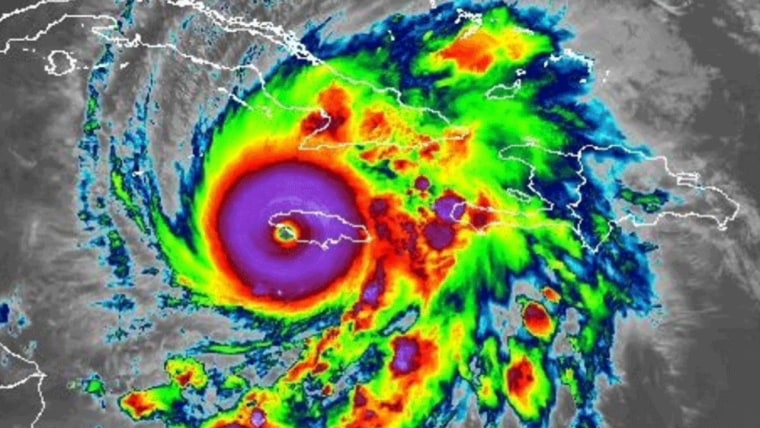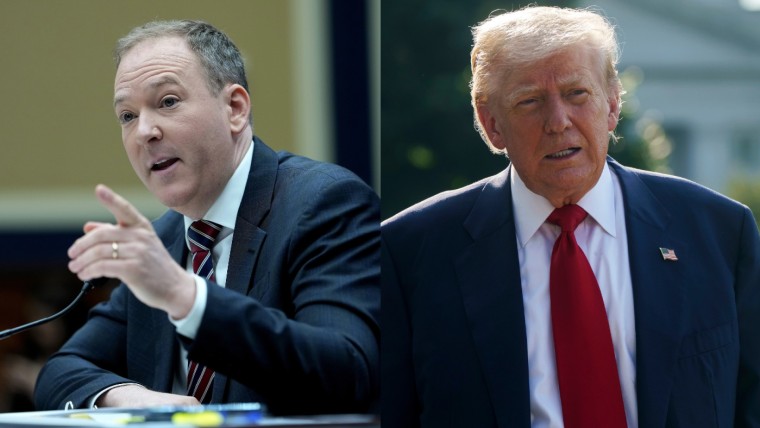Presidents, politicians, diplomats and scientists descended on Brazil this week to open the international climate summit known as COP30. Although California’s governor made headlines with his remarks, there is no official U.S. delegation, marking the first time that the world’s largest economy — and historically the world’s largest carbon emitter — has refused to participate in global efforts to reduce the harm of climate change.
On one level, America skipping out on the multilateral talks places a ceiling on just how much effect any commitments made at the conference will have on reducing carbon emissions globally. But in Trump’s second term, America has transformed from a potential roadblock during climate talks into an aggressive antagonist. By pulling back from the discussions underway in Belém, President Donald Trump may have given them a greater chance of success than otherwise would have existed.
America has transformed from a potential roadblock during climate talks into an aggressive antagonist.
It was clear before Trump returned to office that clean-energy technology was not part of his agenda. A centerpiece of his campaign was denouncing the “Green New Scam,” as he called it, promising to roll back the Biden administration’s climate achievements and investments in renewable energy. In its place would be a set of policies campaign officials described as working to “maximize fossil fuel production” — or, in Trump’s words, “drill, baby, drill.”
Two years ago, as another round of climate talks began, I described those Trump campaign proposals as plans to “kill us all even faster.” Amazingly, that might have been an understatement, because for the Trump administration’s strategy for American energy dominance to succeed, global moves away from fossil fuels must be kneecapped. Rather than merely ignoring the rest of the world’s efforts to forestall rising temperatures as we make polluters great again at home, what little progress other countries have made must also be rolled back.
Accordingly, U.S. diplomats have begun impeding multilateral efforts to address climate issues. Last month, the United States tanked an International Maritime Organization deal that would have required global shipping vessels to reduce their emissions or be forced to pay a fee. The treaty was all but done when the Trump administration swooped in, threatening economic sanctions against countries that agreed to the pact as well as pledging to turn away their ships from American ports. Similarly, long-running discussions to set a limit on global plastic pollution were scuttled this summer in the face of administration obstinance. As The Washington Post noted, the plastics industry has become “a crucial growth market for fossil fuel companies at a time when solar power and electric vehicle uptake is expected to eat into demand.”

It’s hard then to see, then, what good an official U.S. presence might have achieved in Brazil. If anything, the absence of administration representatives is more likely a blessing in disguise, given that the negotiations rely on consensus. As a follow-up to the Paris Agreement’s goal of holding global warming to 1.5 C above preindustrial levels, COP30 is focused on nations implementing their previous pledges to reduce emissions. As things stand, though, the world is set to blow by the 2015 goal in the coming years as temperatures continue to rise unabated, prompting even more chaotic and destructive weather patterns than we are already feeling.
Still, there are some Americans at the summit. California’s Gov. Gavin Newsom is making the rounds in Brazil, taking swings at the president and presenting himself as an avatar of the post-Trump era. Beyond the obvious political calculations, Newsom’s presence speaks to California’s importance on the global stage. The state’s economy on its own is equivalent to the fourth-largest in the world, and the standards it sets for emissions and more have a deep impact on how companies everywhere do business. California is part of the U.S. Climate Alliance, a group of 24 states and U.S. territories that have pledged to reduce greenhouse gases regardless of the White House’s stance.
It’s hard then to see, then, what good an official U.S. presence might have achieved in Brazil.
The effort mirrors the strategy of COP 30 host country Brazil toward ensuring the summit’s success. As Foreign Policy reported, Brazil’s “approach to COP30 is what some climate strategists call ‘coalitions of the doing.’ Rather than waiting for absolute consensus among U.N. member states, Brazil is moving in smaller groups to push action forward and emphasizing how climate action can lead to economic development.” Those states only have to look to China’s growth in renewable energies, which makes up 10% of its entire economy, to see that there’s real potential to tap into that growth themselves.
The idea that America should be on the forefront of developing and scaling new, profitable technologies rather than playing defense for oil and coal is heretical to this administration. Instead, Washington has focused on producing ever more carbon-spewing fuels. Couple that with an obsession with artificial intelligence and cryptocurrency — which both demand vast amounts of energy to power their data centers and water to cool them — and the Trump administration’s vision is an America that is increasingly harmful to the planet’s long-term survival. Thankfully, the rest of the world isn’t waiting for us to get our act together before trying to avoid the impending climate disaster that Trump, disbelieving facts and science, derides as a hoax.

